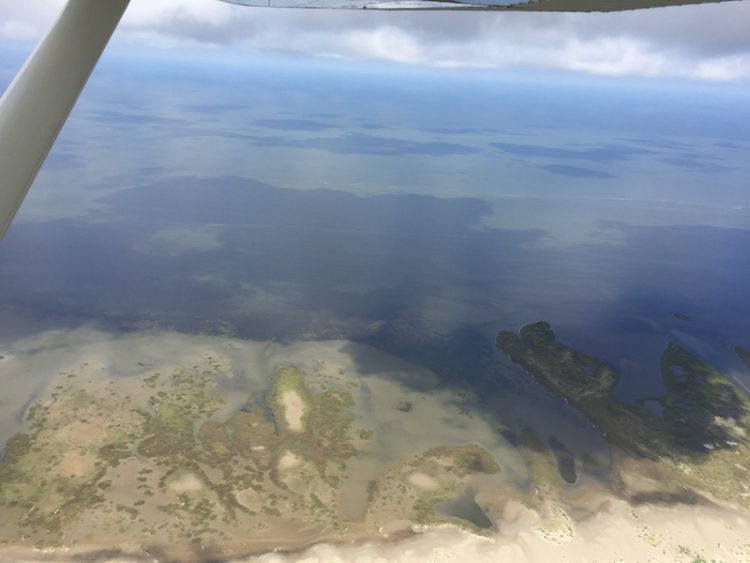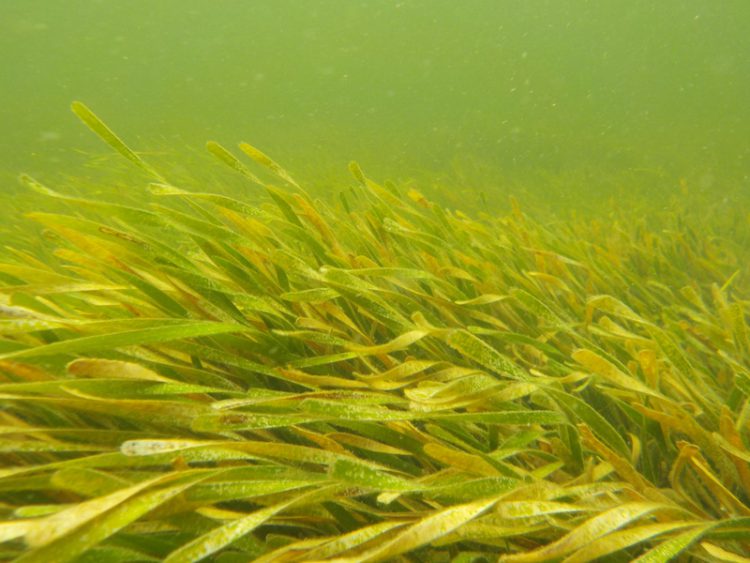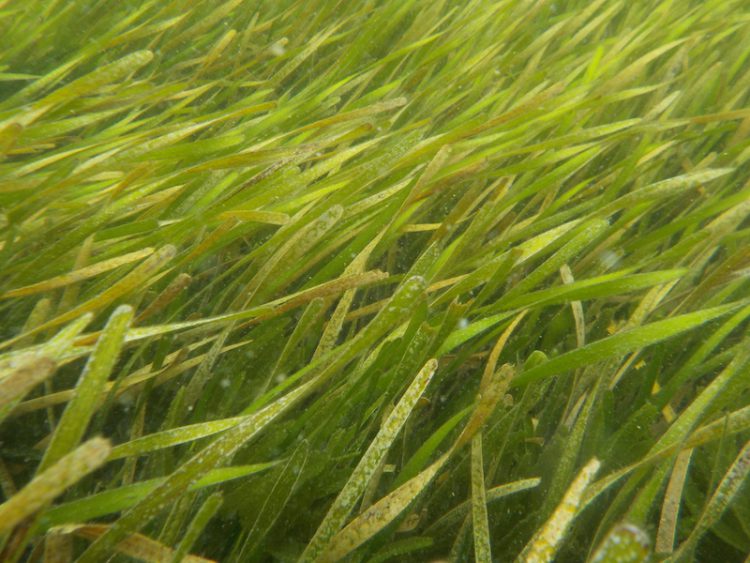Full Title: A decision-driven integrated ecosystem approach to maximize benefits of barrier island restoration and management of the Chandeleur Islands for seagrass and associated communities
This project scoped and designed a plan to address the uncertainties of restoring seagrasses and associated communities along barrier islands in Louisiana, which informed the restoration and long-term adaptive management of the Chandeleur Islands.
Lead Investigator: Kelly Darnell, The University of Southern Mississippi, kelly.darnell@usm.edu
Natural Resource Manager: Jon Hemming, U.S. Fish and Wildlife Service, and Ann Howard, Louisiana Department of Wildlife and Fisheries
Project Team: Tim J.B. Carruthers, P. Soupy Dalyander, and Mike Miner (The Water Institute of the Gulf); Laura Reynolds (University of Florida); and Ali Robertson (Gulf of Mexico Alliance), Todd Baker (Louisiana Coastal Protection and Restoration Authority)
Federal Program Officer/Point of Contact: Frank Parker (frank.parker@noaa.gov)
Award Amount: $127,065
Award Period: September 2021 – August 2023
Why it matters: The Chandeleur Islands are an ecologically important chain of barrier islands off the coast of Louisiana. The seagrass beds of the islands provide food and shelter for a diversity of fish, sea turtles, and birds. However, the Deepwater Horizon oil spill severely damaged these ecosystems, and researchers and managers have started to plan for restoration. To optimally design, build, and maintain the restoration project, the team must address several uncertainties, including a better understanding of the distribution of seagrass species, the organisms supported by seagrasses, the effects of climate variability and dynamics of redistributed sand.
What the team did: This project scoped and designed a plan to address uncertainties and inform restoration and long-term adaptive management of the Chandeleur Islands through a co-production framework. The project team conducted a comprehensive review of literature, models, and available data, and engaged with managers and researchers interested in the islands to develop goals, questions, and sound methods to address the research questions and inform uncertainties.
Summary of outcome: Through a workshop and review of existing literature, the project team identified gaps and prioritized them based on the needs of natural resource managers. They developed research and development and application plans to maximize the benefits of barrier island restoration and management of the Chandeleur Islands for seagrass and the animals that depend on seagrass beds. The project team was awarded funding by the Science Program in 2023 to implement their plans.
Not applicable
Not applicable
Not applicable
Not applicable
 Official websites use.gov
A .gov website belongs to an official government organization in the United States.
Official websites use.gov
A .gov website belongs to an official government organization in the United States.
 Secure .gov websites use HTTPS
A lock or https:// means you’ve safely connected to the .gov website. Share sensitive information only on official, secure websites.
Secure .gov websites use HTTPS
A lock or https:// means you’ve safely connected to the .gov website. Share sensitive information only on official, secure websites.


